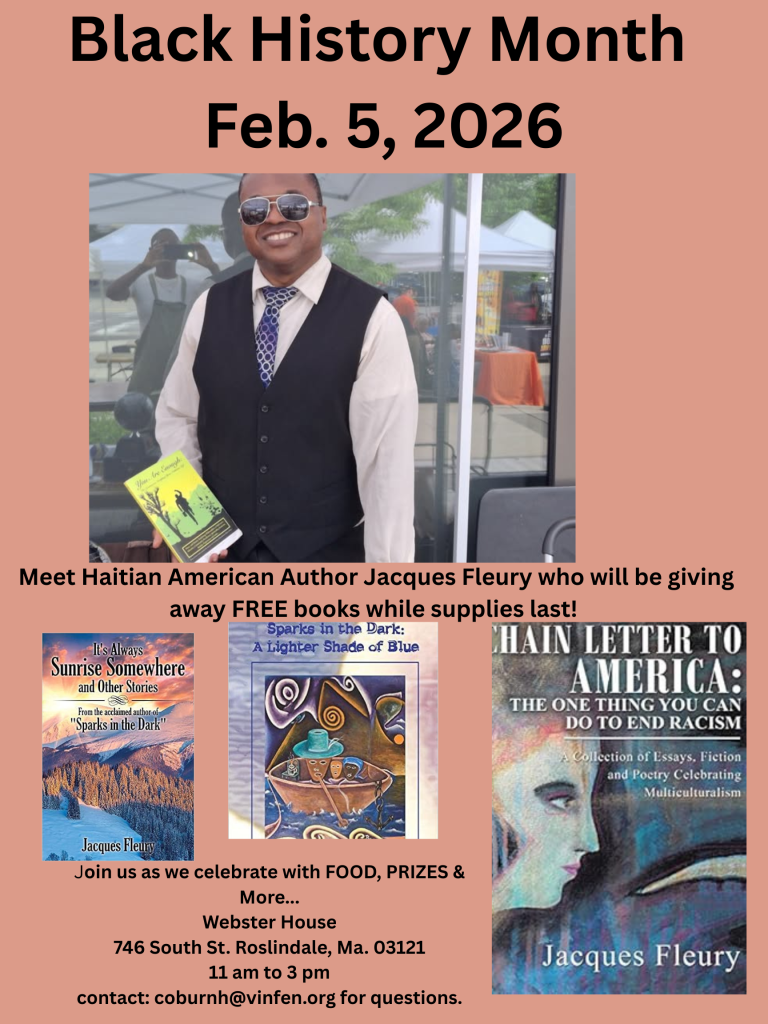
Category Archives: CHAOS
Synchronized Chaos’ First February Issue: Paying Attention
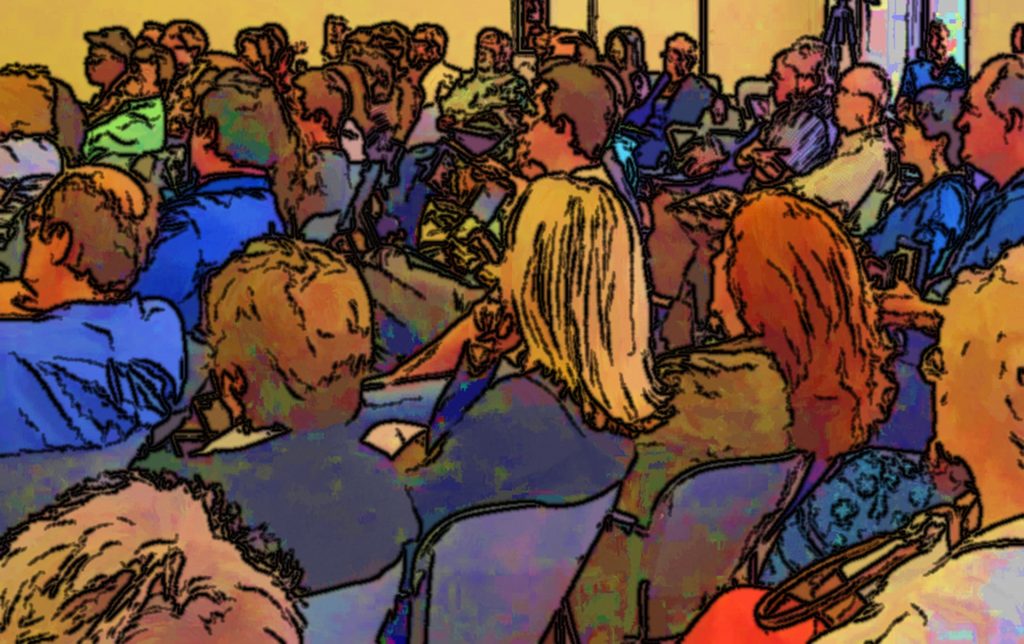
First of all, published poet and contributor Tao Yucheng is still hosting a poetry contest, open to all readers of Synchronized Chaos Magazine.
Synchronized Chaos Poetry Contest: We seek short, powerful, imaginative, and strange poetry. While we welcome all forms of free verse and subject matter, we prefer concise work that makes an impact.
Guidelines: Submit up to five poems per person to taoyucheng921129@proton.me. Each poem should not exceed one page (ideally half a page or less). All styles and themes welcome. Deadline for submissions will be in early March.
Prizes: First Place: $50 Second Place: $10, payable via online transfer. One Honorable Mention. Selected finalists will be published in Synchronized Chaos Magazine.
Next, poet Yucheng Tao’s new chapbook, The Mirror Image of Death, has just been released from Alien Buddha Press! People can order it here.

J.J. Campbell’s new book To Live Your Dreams is also out and available to order here.

Welcome to this month’s issue, Paying Attention.
Across poetry, fiction, essays, memoir, and scholarship, this issue asks what it means to live attentively: to create honestly, remember faithfully, love fully, and choose responsibility in an impermanent world.
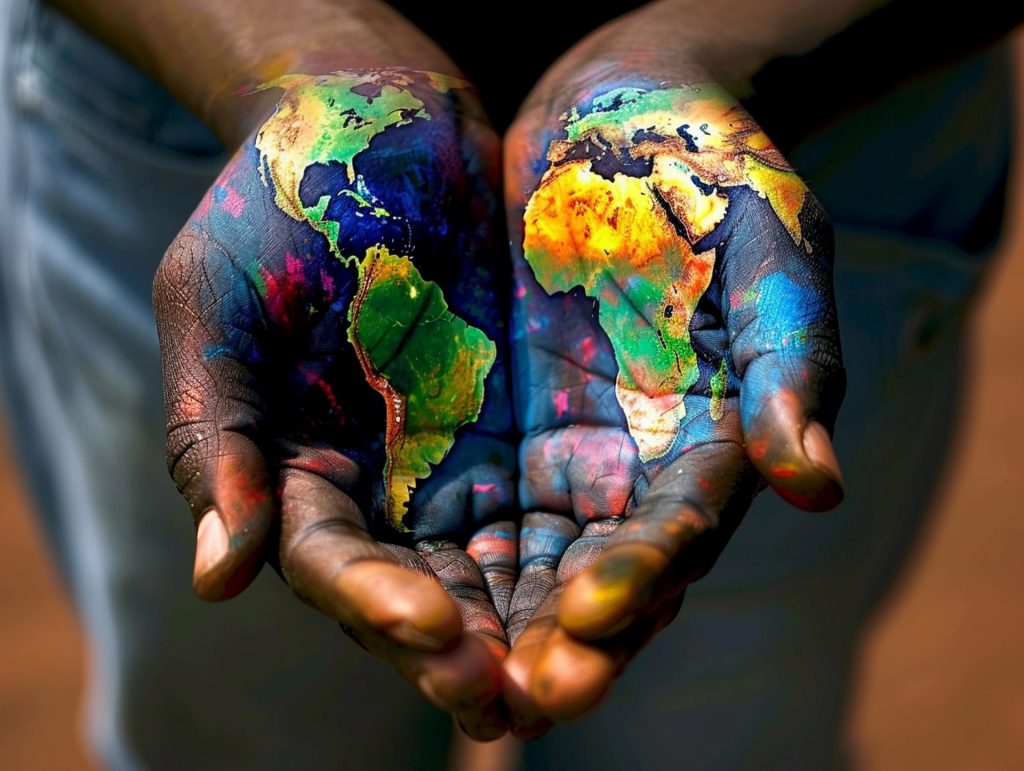
Jacques Fleury honors the many contributions of Black Americans to society and argues that the United States still needs to celebrate Black History Month due to their lack of knowledge of essential history and context.
Sayani Mukherjee presents spring as both gentle and haunting, reminding us that loss and regrowth are both intimate parts of our experience. Berdirahmonova Shahlo Sherzod qizi expresses poignant longing for the return of joy and love in the spring. O’giloy Kucharova celebrates the social and natural renewal of spring as Christina Chin’s haikus evoke winter’s precarity and solitude. Brian Barbeito’s work dissolves boundaries and outlines in the dark of night and the way the rain falls everywhere, inspiring an open, receptive state of mind. His next piece evokes a chilly and aesthetically under-defined winter day.
Ma Yongbo’s wintry and tough-minded poetic cycle poses the question of what it means to keep creating when permanence and perfection may be impossible. Lan Xin’s pieces honor restraint, the diversity of life, and working with the natural rhythm of life’s seasons. Mykyta Ryzhykh calls attention to how both death and rebirth in nature bring us out of our ponderings and back to the present moment. Sterling Warner draws upon fresh and salt water and psychological and physical weather Linette Rabsatt’s poems take joy in letting go of the conscious mind and listening to the natural world as a source of inspiration. Joseph Ogbonna meditates on the stillness and inspiration of an early dawn. Gezim Basha, in work translated by Marjeta Rrapaj, celebrates tender love and living an authentic life. Yo’ldosheva Zinnura writes of the need to care for and consider our impact on the environment and climate.
Mehreen Ahmed’s work explores art, creativity, complicity, and displacement. Alan Catlin’s ekphrastic poetry crafts scenes of still life interrupted by violence and chaos. Bill Tope’s short story critiques immigration enforcement violence in the United States through the terror of one wrongly targeted victim. Kelly Moyer’s absurdist, provocative video speaks to the same topic as Leticia Garcia Bradford offers a local perspective and Pat Doyne brings strident satire to the issues of the day. Umid Najjari offers a poetic tribute to those who lost their lives in the Iranian revolution. Sungrue Han’s poems evoke alienation, dislocation, and collective and individual trauma. Mahbub Alam decries human greed and the destruction of other humans and the natural world and encourages care and respect. Virginia Aronson draws attention to modern crimes committed by government agents and by international criminal gangs, suggesting a comparison.
J.J. Campbell brings his signature blend of hard-earned cynicism and exhaustion. Scott C. Holstad snatches bits of sweetness and color from complex and artificial modern life. Türkan Ergör reminds us of our mortality and vulnerability to various human struggles. Like a wanderer tiptoeing through dimly lit rooms in a house, Carl Scharwath’s poetry moves from loss to relief to conscious acceptance of stillness. Allison Grayhurst’s poetic cycle sheds, releases, and re-forms visceral emotions. Dr. Prasanna Kumar Dalai’s work carries the quiet dignity of someone who feels deeply but speaks carefully.

Mesfakus Salahin’s work addresses the alchemical transformation of formless feeling into legible thought through poetry. Shakespeare Okuni’s poem highlights the role of ritual and performance in meaning-making. Alex Johnson sets out a manifesto for artistic openness and an aesthetic that welcomes diverse sources of inspiration. Stephen Jarrell Williams evokes life, innocence, joy, and energy in his restrained pieces. Rus Khomutoff’s piece is at once overabundant, technical, and tender, perhaps more intended to be entered into than understood.
Abbas Yusuf Alhassan’s ars poetica explores the various forms poetry takes in his mind and how inspiration hits him as an artist. Duane Vorhees probes desire, time, chance, and memory. Nurbek Norchayev meditates on nature, time, and the life of the soul. Michael Robinson’s essay is a lived testimony of fear, darkness, illness, strength, forgiveness, and survival. Maja Milojkovic speaks of her personal spirituality and closeness to God. Sarah Adeyemo also reaches for her faith for comfort and the strength to keep loving even through a time of desperation and grief. Patrick Sweeney’s one or two-line thoughts provoke head-scratching and evade easy answers. Texas Fontanella jumbles a variety of words and symbols into a static buzz. Grzegorz Wroblewski’s asemic pieces reflect a mind in motion, jumping and self-editing mid-thought from one idea to another.
Susie Gharib navigates the emotional landscape of power, voice, myth, and lived reality. Mark Young contributes a fresh set of altered technicolor Australian landscapes. Cristina Deptula observes and comments on Dianne Reeves Angel’s memoir of a creative life in film production, Every Restaurant Tells a Story. Federico Wardal celebrates the film legacy of Italian filmmaker Billy Wilder. Taylor Dibbert enjoys traveling despite occasional moments of personal embarrassment. Xo’jyozova Dildora looks to ecotourism as a way to sustainably strengthen local economies.
For travel in a more metaphorical sense, Abdugafforova Muslimaxon Akmalovna reviews Qobilon Shermatov’s fantastical children’s tale The Country Inside My Grandfather’s Stomach. This book addresses issues of personal character, as each person’s “interior” reflects who they are and how they behave.
Other authors look at individual and collective character and moral choice. Eva Petropoulou Lianou’s poems express her hopes for peace, understanding, compassion, and humanity. Gordana Saric echoes that hope, wishing for worldwide love, understanding, and reconciliation. Maftuna Sultonova reminds us of the infinite value and dignity of each person. Nigora Baxtiyorova analyzes infidelity as a theme in Uzbek literature. Xasanova Aziza Kumushbek qizi peers into even more Uzbek literature and finds a timeless warning about how one’s life and dignity matter even more than one’s reputation and fame. Journalist Elisa Mascia interviews Azerbaijani author Jakhongir Nomozov and he affirms the need for authors to master their craft and speak their truth regardless of passing fads or popularity. Solid work will stand the test of time.
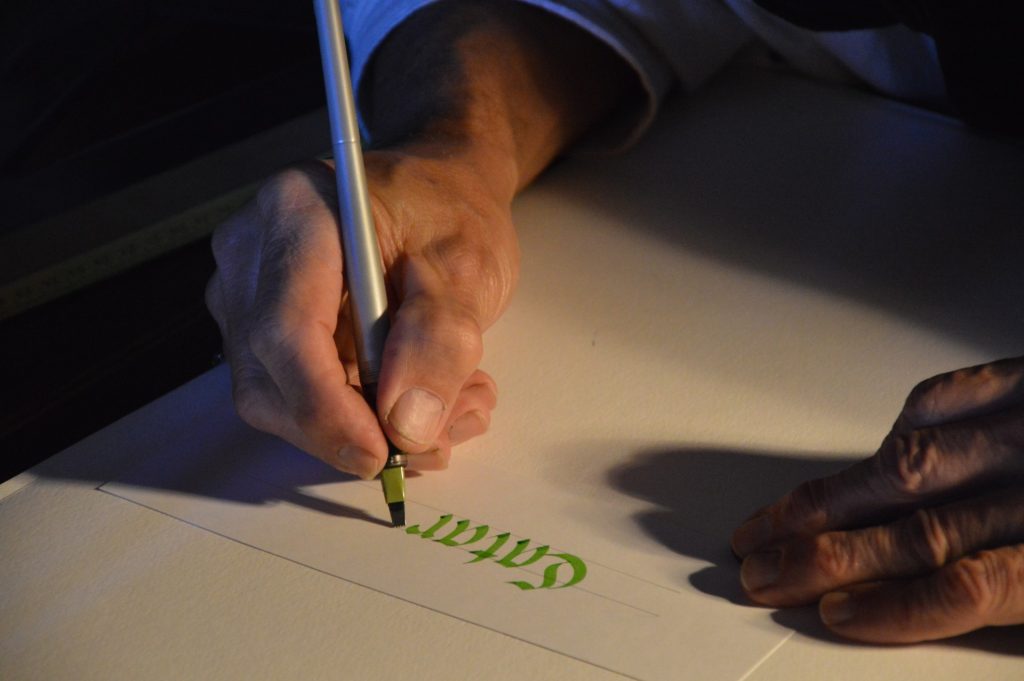
Dr. Jernail S. Anand suggests that a complete education not only teaches technical skills but also how to be a decent human being. Kodirova Shakhzoda highlights the cultural importance of Uzbekistan’s cultural values of compassion, courtesy, respect for nature, and courage.
Dr. Barbaros İrdelmen mourns love lost to human and societal pettiness, and to death. Bill Tope and Doug Hawley co-present a tale of loss, guilt, and redemption. Mehrinoz Tursunova’s bittersweet love poem prepares for an impending separation. Eshmatova Marjona Kamol qizi outlines ways social service systems can intervene to support children from dysfunctional families. Nurboboyeva Dilshoda Nodir qizi evaluates the psychological effects of divorce on children and suggests ways to help them through the transition.
Dildoraxon Turg’unboyeva reflects on childhood memories and her love for her departed grandfather. Gulsevar Mirzamahmudova honors her hardworking migrant laborer father for his care and determination, reflecting on how she misses him.
Malohat Ahmadjonova expresses love and gratitude for the hard work and dedication of her parents, who made sure she dressed well and received an education. Mashrabxo’jayeva Feruzakhon offers gratitude for the steady love and care of her parents. Nurullayeva Nigora Nurmurod qizi’s poem expresses her love and care for her mother, who has given her so much. Ismoilova Sarvinoz reflects on how much her parents have loved her over time and how she wishes to return the favor as they age. Shafkat Aziz Hajam fondly remembers the freedom and wonder of childhood, made possible by his caring parents.
Islamova Dilnoza Khamidovna gives thanks for a caring and steady friend as Rukhshona Khamzayeva shares her gratitude for a dedicated teacher. Zarifaxon Holiboyeva reflects on missing her family and her classmates in a young student’s piece full of tender affection. Toshpulatova Mehribonu Sherbek qizi rejoices in the love of her sweet sister. Alisherova Hurmatoy reflects on the power of her lover’s kind words to calm her spirit. Graciela Noemi Villaverde draws on elegant nature-inspired imagery to express her love. Chinese academic Bai Gengsheng pays tribute to his loyal and hardworking wife, acknowledging that her steady support over many years made his accomplishments possible.

Aziza Xasanova compares waiting for the unfolding of love to allowing a fig tree to leaf out in its season. Lan Xin’s epic, mytho-romantic piece affirms the choice of embodied and temporal love over transcendence and divinity.
Ozodbek Narzullayev’s verse expresses adoration for his country as if it were his lover. Jahongirova Gulhayo Jahongirovna’s rhyming poem pays tribute to a man of deep loyalty, patriotism and integrity. Abduganiyev Shexrozbek discusses the inter-related nature of the Uzbek national concept, legal system, and spiritual values in shaping the culture.
Kudratova Nozima Bahromovna explores the narrative style of Uzbek writer To’gay Murod. Madina Jorayeva’s essay highlights the contributions of translator and critic Ozod Sharafiddinov to Uzbek and world heritage and literature. Shahnoza Ochildiyeva translates Ozod Sharafiddinov’s essay celebrating and analyzing the literary value of poet and translator Abdulhamid Sulaymon og‘li Cho‘lpon’s contributions to Uzbek literature. Nargiza Masharipova celebrates the cultural interchanges made possible by the migration of the world’s peoples. Sultonaliyeva Go’zaloy outlines some of the factors encouraging and driving migration. Ubaydullayeva Saodat celebrates the literary artistry and truth-telling of one of Uzbekistan’s greatest poets, Alexander Feinberg. Xayrullayeva Zahro suggests ways to preserve the high literary quality of the Uzbek language and not lose it to abbreviations and modernisms. Rizoqulova Parvina Ramzovna analyzes the relation between language and culture.
Munavvar Tlewbaeva speaks of the comfort she finds by reading books by authors who understand and write of her feelings. Odinaxon Qodirova highlights ways to encourage young people to read. Yusupboyeva Madina rejoices in the persistence of reading culture among young people. Turgunova Kh. suggests strategies for teachers to effectively communicate with young Generation Z students.
Karimova Navbaxar Mahmudjanovna suggests strategies for encouraging creative thinking in children. Jorabek Muhammadolimov raises awareness of how too much scrolling and flipping online can lead to difficulty concentrating. Choriyeva Oynur warns of the consequences of overuse of smartphones and the Internet. Roziboyeva Asilakhon speaks against digital surveillance and fear-driven self-censorship.

Isroilova Sarvinoz Maxmud qizi discusses how to use educational tools to teach young children mathematical concepts. Barnoxon Baxtiyorjon Yoqubova considers strategies for integrating physical play with learning arithmetic. Amirqulova Gulsevar discusses digital innovations in education. Daminova Sevinch Tuychi qizi highlights the enlightened wisdom and teaching of Uzbek children’s educator Abdulla Avloni. Lazokat Ortigaliyevna Pirmatova relates how participating in competitive mental arithmetic helped her to develop confidence and the ability to think on her feet.
Nilufar Ibroximova suggests how new Uzbek textbooks could be crafted and used to help young children develop critical thinking. Norquolova Madina highlights the value of learning a second language. Haydarova Mehribon outlines various methods for learning the Mandarin Chinese language, coupled with history and background of the tongue. Mansurova Shahnoza parses the finer points of verb conjugation in French as Xurramova Farangiz compares the process in French and Uzbek. Masharipova Sayyora compares proverbs in French and Uzbek and how they reveal cultural values. Nilufar Mo’ydinova outlines techniques for learning German through approaches from the field of translation. Najmiddinova Mekhrigul Najmiddin qizi delves into the intricacies of language translation. Abdurahimova Anora’s essay considers the impact of one’s first language on the process of learning a second language. Mengboyeva Baxtiniso Mamatqobilovna highlights the value of language teachers’ maintaining a culture of competence in spoken language.
Several contributors work and research in the language of other academic and professional disciplines. Lutfullayeva Shaxrizoda Faruxjon qizi outlines the current state of pneumonia diagnosis and treatment in young children. Mansurov Abdulaziz Abdullox ugli highlights the importance of preventive dental care in children. Fahriddin Akramov’s essay describes treatment for a variety of neurological conditions. Mamatqulova Mukarram Nuriddin qizi speaks to the life and academic stresses students endure and how to protect their mental health. Nasulloyeva Feruzabonu Akmalovna discusses the nature of scientific innovation and how to encourage it in Central Asia. Durdona Sharifovna Roziboyeva discusses the effects of the Herbst dental appliance on the upper airway.
Eshmurodova Sevinch explicates methods of improving deposit mobilization policies in commercial banks. Iroda Sobirova outlines basic principles of supply and demand in a market economy. Sobirova Iroda Abdulaziz qizi highlights strategies to foster innovative entrepreneurship. Mamadaliyeva O’giloy asserts her power and determination to become successful in academics and business.
Baxshilloyeva Nigina Bahodir qizi offers inspiration to young women seeking to live their dreams. Axmetova Dilnura Po’lat qizi outlines the historical and contemporary role of women in Central Asian societies. Sevinch Farxodova highlights the importance of gender equality and initiatives to that extent in Uzbekistan.
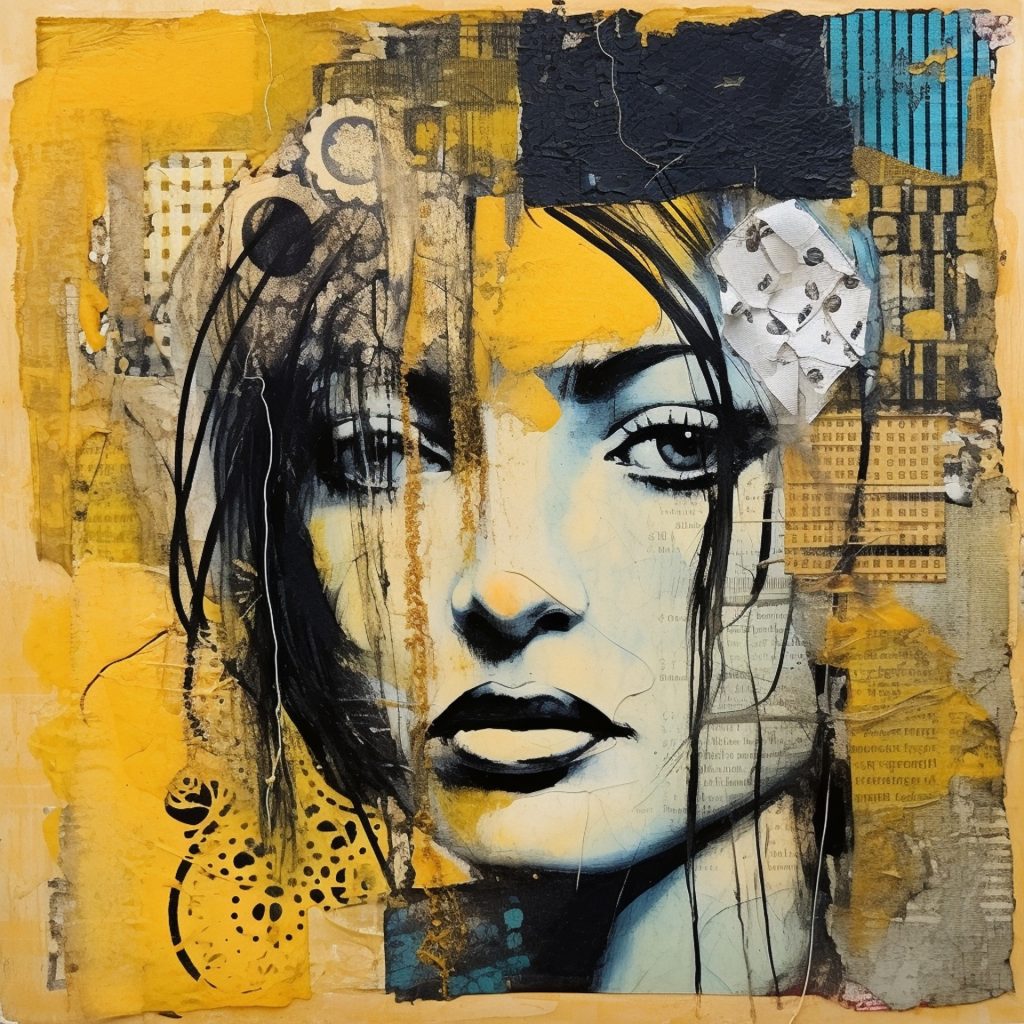
Shahnoza Pulatova Makhmudjanovna outlines and describes how Uzbek society is modernizing politically, economically, and socially. Dilafruz Muhammadjonova expresses fervent pride in and hope for Uzbekistan and the desire for the nation’s youth to rise up and take their place. Priyanka Neogi outlines ways to overcome depression and apathy and keep working towards one’s goals. Ziyoda Murodilova highlights the importance of internal motivation and determination for students to achieve their goals. https://synchchaos.com/essay-from-orzigul-sherova-4/Orzigul Sherova presents, in a similar vein, her secrets to success through passion and hard work.
We hope that this issue inspires you to create your place in the world with intention and joy.
Poetry from Gulsevar Mirzamahmudova
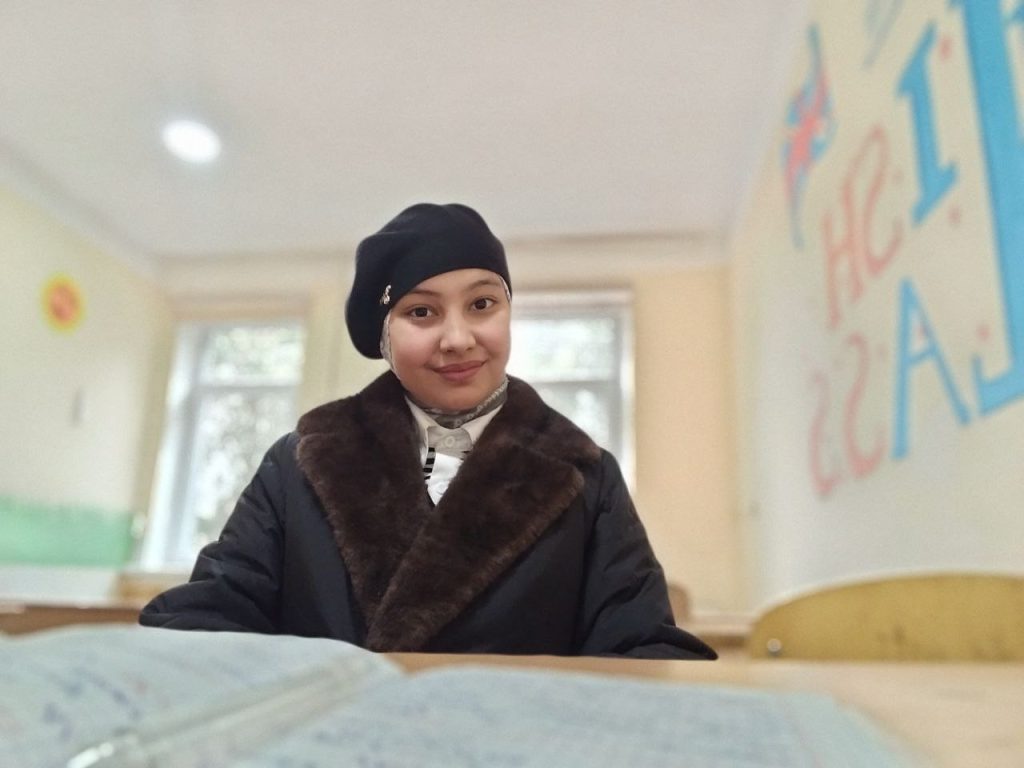
My Migrant Father
Though labor weighs him down with strain,
He says, “If it is honest, that’s my gain.”
He lives afar, a migrant far from home,
To build our house, through foreign lands to roam.
When thoughts of family fill his mind,
Longing grips his heart, so cruel, unkind.
Like pearls, his tears fall from his eyes,
Adorning sorrow no one ever spies.
“Daddy, when will you return?” they pray,
His children wait and hope each day.
Too late they learn his worth so true,
Their hearts now ache with deep regret anew.
Your sweetest tea has lost its taste,
Your earned-up money feels like waste.
This splendid house, so rich, so grand,
Without a father—no builder’s hand.
Gulsevar Mirzamahmudova was born on May 12, 2009, in Eskiarab village, Oltiariq District of Fergana Region. She is currently an 11th-grade student of Class 11B at General Secondary School No. 23. She is a holder of the National Certificate in Uzbek Language and Literature.
Essay from Mashrabxoʻjayeva Feruzaxon

The trust of my parents has given me strength.
My father is the most precious person in my life, a man whose value is as high as the sky itself. He is such a father that if I asked him for a single star from the sky, he would prepare the moon for me instead. Until this very age, he has always been my support — encouraging my education in every possible way, working tirelessly day and night for my sake. He has always told me, “My daughter, I have great hopes for you,” and has stood by my side, shoulder to shoulder, in every step I take. My father is my greatest pillar of strength, and when I try to describe him, tears come to my eyes.
Mashrabxoʻjayeva Feruzaxon was born on March 7, 2005, in Chimyon village, Fergana District, Fergana Region. She is currently a second-year student at Fergana State University.
Poetry from Umid Najjari
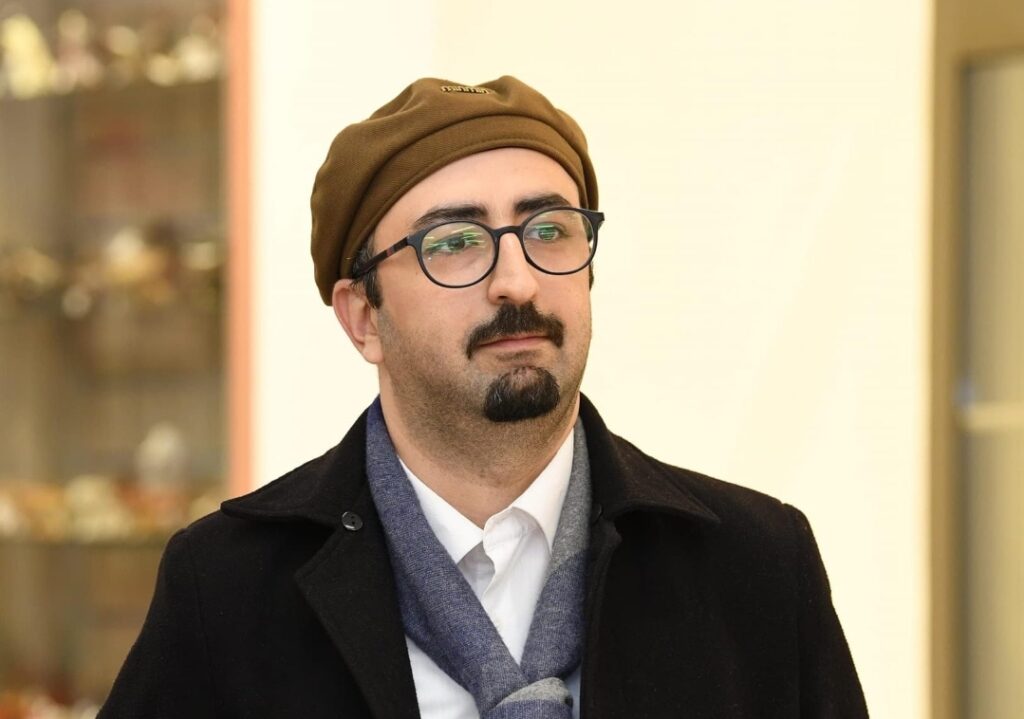
For those killed in the Iranian Revolution
*
For which war do my hairs don a white shroud?
Do the soldiers who cry out love still live?!
There is silence at the front.
My teeth ache as they raise the white flag,
The homeland aches,
Humanity weeps.
The lines that fall upon my brow—
the barbed wires of which country are they?
They separate love from separation,
They separate hope from death,
They separate the days,
They separate the nights…
At twilight, someone wipes the sweat from my forehead,
Someone sings the Song of Freedom in Saat Square,
Someone, in intensive care, is still breathing,
There is silence at the front…
Silence…
*
Per quale guerra i miei capelli indossano il sudario bianco?
Vivono ancora i soldati che gridano l’amore?!
C’è silenzio al fronte.
Mi dolgono i denti che innalzano la bandiera bianca,
Dà dolore la Patria,
Piange l’Uomo.
Le linee che solcano la mia fronte
sono i fili spinati di quale paese?
Separano l’amore dalla separazione,
Separano la speranza dalla morte,
Separano i giorni,
Separano le notti…
Nel crepuscolo qualcuno asciuga il sudore dalla mia fronte,
Qualcuno canta il Canto della Libertà in Piazza Saat,
Qualcuno, in rianimazione, respira ancora,
C’è silenzio al fronte…
Silenzio…
*
Voor welke oorlog dragen mijn haren een wit lijkkleed? Leven de soldaten die de liefde uitschreeuwen nog?! Er heerst stilte aan het front. Mijn tanden doen pijn terwijl zij de witte vlag hijsen, Het vaderland lijdt, De mens huilt. De lijnen die over mijn voorhoofd vallen — van welk land zijn dit de prikkeldraden? Zij scheiden liefde van afscheid, Zij scheiden hoop van de dood, Zij scheiden de dagen, Zij scheiden de nachten… In de schemering wist iemand het zweet van mijn voorhoofd, Iemand zingt het Lied van de Vrijheid op het Saat-plein, Iemand ademt nog steeds op de intensive care, Er heerst stilte aan het front… Stilte…
*
Pour quelle guerre mes cheveux revêtent-ils un linceul blanc ?
Les soldats qui crient l’amour vivent-ils encore ?!
Le silence règne au front.
Mes dents me font mal en levant le drapeau blanc,
La Patrie souffre,
L’Homme pleure.
Les lignes qui tombent sur mon front —
les fils barbelés de quel pays sont-elles ?
Elles séparent l’amour de la séparation,
Elles séparent l’espoir de la mort,
Elles séparent les jours,
Elles séparent les nuits…
Au crépuscule, quelqu’un essuie la sueur de mon front,
Quelqu’un chante le Chant de la Liberté sur la Place Saat,
Quelqu’un, en réanimation, respire encore,
Le silence règne au front…
Le silence…
Umid Najjari was born on 15th of April 1989 in Tabriz (Iran). After graduating from Islamic Azad University of Tabriz in 2016, he entered Baku Aurasia University to continue his studies in Philology in Republic of Azerbaijan. “The land of the birds” and “Beyond the walls” are among his published works in addition to some translations. His poems have been published in USA, Canada, Spain, Italy, India, Turkey, Uzbekistan, Iraq, Kazakhstan, Georgia, Chile and Iranian media. He was awarded the International LIFFT festival diploma in 2019. He achieved “IWA Bogdani” Award in 2021. He was awarded the “Mihai Eminescu” Award in 2022. He was awarded the International Prize “Medal Alexandre The Great” in 2022. He is Vice-President of the BOGDANI international writers’ association, with headquarters in Brussels and Pristina. and Turkic World Young Authors Association.
Poetry from Allison Grayhurst
Head bowed
The numbing curse
of resentment comes
to capture me
in its lumpy maggot-riddled
corpse, putting on my back
a burden I am aware of
I cannot keep.
And even though I wash and scrub,
daily cleansing myself of its
putrid stench, it returns, living,
climbing my shoulders into my hair.
I know the only clear path is forgiveness,
no matter my so-called-righteous-heart
cawing for justice. I know I will never
find peace this way, nor mercy
unless I can give it.
I am the one who need forgiveness
for allowing this monstrosity to suckle on
my spirit for so long.
I thought I was past it.
I thought I truly became a citizen,
sealing my covenant.
But it is here again,
raging like before, expecting
vindication.
I hope it is a ghost of its first-self,
still large but flimsy, visible
but lacking all density.
I pray I can overcome its devouring song
and show the love to others
that I myself have been given.
Open here, casting off
its angry cries,
its barbarian anguish
blocking my own way forward
into saving deliverance.
This Place
From a place of trust
I glimpse your magnificence,
your harnessed race of complexities
in harmony, slow moving, more
powerful than a hundred suns
conjoining.
From a place of faith,
being wrong is just as exciting
as being right – a longing to know
you, knowing I will never know you
only know the minute aspects that flip
and twist and rewrite as my knowledge grows,
while keeping some laws fundamental.
From a place of love,
your love is gathering in
bright awe-inspiring displays,
terrifying in their brilliance and
in their magnitude.
Nothing is personal. Everything is individual,
overreaching galaxies into galaxies,
twin dreams.
From a place of exploration,
finding inspiration
where paradox consumes,
invigorates, illuminates
all places, gloriously shifting.
Surrendered
In the middle –
steady, harsh waves,
salty flavoured ocean,
stranded, treading.
Love comes smiling.
It is a ghost.
Joy comes and passes by.
Purpose comes but floats by
like a jellyfish riding the momentum.
In the middle, tired of treading,
no escape, just the ebb and flow, surging,
retreating waters. What lies beneath makes
no difference because nothing is above
except the burning brutal sun, cloud cover
occasionally, and only air to eat.
Skin cells, bloating. Eyes, unable to keep
open. In the middle
of an endless abyss, all my happy days
behind me.
I hold my hands in prayer position,
arms raised over my head.
I stop struggling to not go under.
I go under and let that weight, the peace
at last, take me down.
She
Fear is splendid
in making the body inflamed,
bloated on trepidation at the news
of many meadows burning.
She hurried and found a healer
inside herself, willing to go
the distance and forfeit
personal power for a greater
acquisition.
She understood the traveller and
the sit-at-homer as one in the same,
especially on a stormy day or a year of upheaval.
Faith is the bullseye with no point-marks gained
unless hit dead-centre, directing every focus
to only that centre.
Faith is the wave to ride to the shore,
removed from other moving sources,
like wind and arm-strokes.
She opened herself to fear
not denying it but seeing it
as just another entity
under the canopy, smaller
than the giving sun.
Out
I asked to be let out
from that unwanted accomplishment.
I asked to shed my shame, my duty
and the hard-core call of doing time.
It was taken down and away from me,
along with so much more.
Guilt, and worldly bondage
also fell along with security,
along with a strange, twisted pride.
Knuckles down, hands still folded.
In my head are ghosts of patterns dissolved
but are still haunting. Ways of being I don’t have to
carry are dropped, but my empty arms are stalled
in position, humbled by uncertainty.
Set free and starting over, but not yet started,
just starting to try to etch out different
possibilities, a solid surging becoming.
Whiffs of passing currents,
rich aromas that entice briefly then fade.
Whiffs I cannot capture and keep,
not now, maybe never,
let out, dumbfounded,
helpless, screaming, just born.
A Love Like No Other
Your steady love has saved me,
one more dark wave rising and you
hold my hand, staying the course,
sharing with me your glowing inspiration,
giving me space to expose
my gruesome wounds within.
You do not flinch, or distract, but give me room
to writhe and cry out and then you look at me,
love in your eyes like God at my table,
offering water, acceptance,
and with that acceptance, untellable mercy.
Every night you read to me to keep me afloat,
to cup me in the flow of your voice
reminding me why we are here.
I think you will leave me, here
to implode in this over-a-year pit
of me climbing up to the edges, falling back in,
collapsing on bedrock, but you never do.
You stay and you are steady
and you are a miracle, patient, never
cursing your fate, never letting me go.
Allison Grayhurst has been nominated for “Best of the Net” six times. She has over 1,400 poems published in over 530 international journals, including translations of her work. She has 25 published books of poetry and six chapbooks. She is an ethical vegan and lives in Toronto with her family. She also sculpts, working with clay; www.allisongrayhurst.com
Essay from Haydarova Mehribon
Student of Group 25_02
Department of Chinese Philology and Language Teaching
Faculty of Oriental Philology
Uzbekistan State University of World Languages
Haydarova Mehribon
Annotation:
It is well known that the most difficult aspect of learning Chinese is the origin of characters and the meaning expressed by each of them. This article analyzes the origin, significance, and types of Chinese characters, their importance in the process of learning Chinese, the meanings they convey, and their development. In addition, the difficulties in learning characters and easy methods for memorizing them are also discussed.
Keywords: hieroglyph, Chinese language, method, origin, meaning, easy memorization
INTRODUCTION
In the modern era, the prestige of the Chinese language has increased significantly. For this reason, more than 80% of students and young people around the world are learning Chinese. As is well known, the most difficult aspect of learning this language is undoubtedly its characters. This is because each character has its own origin, history, and meaning, which creates certain difficulties for learners.
This article highlights the origin and development of Chinese characters, their historical stages, how they have evolved from their creation to the present day, and their meanings. In addition, it presents methods for learning them easily, enabling learners to master them quickly and within a short period of time. Knowledge of Chinese culture, literature, philosophy, and history plays an important role in understanding Chinese characters. Each character carries thousands of years of history and meaning; in other words, a single character can represent an entire word or concept. Learning them requires a great deal of effort and time.
International conferences on the origin of Chinese characters, the art of writing, and the aesthetic aspects of calligraphy—such as “The Origin of Chinese Characters and the Nature of Calligraphy” and “Origins of Early Writing Systems” at Peking University—have been held worldwide. In Uzbekistan, the International Scientific-Practical Conference of Tashkent State University of Oriental Studies was also organized. These conferences promoted ideas regarding the origin, development, and learning methods of Chinese characters.
RESEARCH METHODOLOGY
A number of scientific studies have been conducted on the origin of Chinese characters, the stages of their development, and methods for learning them quickly and easily, using various research methods. First, historical methods were applied to study the origins and development of characters, focusing on their earliest forms. From the perspective of the history of linguistics, Chinese characters are considered one of the four most ancient writing systems. Therefore, many scholars have conducted extensive research in this field.
Specifically, historical methods were used to study the earliest forms of characters—oracle bone inscriptions, bronze inscriptions, small seal script, and the development of modern characters. This method made it possible to identify the reasons for the emergence of characters and their relationship with society. Through modern methods, new types of characters and their regional differences—for example, similarities and differences between those used in Beijing and Shanghai—were examined.
Regarding research on fast and easy learning of characters, several experimental-pedagogical studies were conducted. In this research, new methods, techniques, and applications were developed for learning characters. One of them is the “TRAIN CHINESE” application, through which an English–Chinese dictionary was created. Learners can write unknown characters and find their translations, meanings, stroke order, grammatical usage, and example sentences, making learning easier. In addition, the “PLECO” application allows learners to write unknown characters and learn their pinyin; this feature distinguishes it from other dictionary applications.
REVIEW OF THE LITERATURE
Since Chinese is an ancient language, it has been studied for many years. In particular, the father-and-son scholars Wang Nian-Song and Wang Yin-Zhi laid the foundations of Chinese linguistics, while Xu Shen paid serious attention to Chinese writing and characters in his work “Elements and Compound Characters.” Moreover, in his work “Shuowen Jiezi” (1st–2nd centuries AD), Xu Shen explained characters based on six types, distinguishing pictograms, ideograms, compound ideograms, and phonetic-semantic characters. According to this work, the origin of characters is linked to pictorial symbols. For example, the character for “sun” was originally depicted as a round shape and gradually became simplified over time. Several similar examples were also provided.
In a similar vein, Uzbek linguist Sh. Safarov, a specialist in semantics and sign systems, described Chinese characters as a semiotic system and initially referred to them as sign-images. Regarding the fast and easy learning of characters, foreign scholar James W. Heisig, in his book “Remembering Chinese Characters,” stated that associative and imaginative memorization—linking each character with meaning and a story—leads to easier and more effective learning. William C. Hannas, in “Asia’s Orthographic Dilemma,” argued that due to the complexity of Chinese writing, structural and visual approaches are effective for students, and learning characters by components (radicals/keys) accelerates memorization.
At the same time, the origin of Chinese characters is described in ancient legends and historical texts, but the most famous theory appears in canonical texts. According to legend, Fu Xi created the “bagua” (eight trigrams), which formed the basis of Chinese characters and represented an early form of writing. Cang Jie, who lived during the reign of Emperor Huangdi, invented characters inspired by bird tracks and animal footprints. In addition, calligraphers of the Western Zhou dynasty engraved Chinese characters as texts on bronze vessels, which also serves as evidence of the origin of characters.
HISTORICAL DEVELOPMENT OF CHINESE CHARACTERS
Archaic Jia gu wen Modern character Simplified Pinyin
Mean
人 — rén Person
女 — nǚ Woman
子 — zǐ Child
日 — rì Sun
月 — yuè Moon
山 — shān Mountain
川 — chuān River
水 — shuǐ Water
雨 — yǔ Rain
竹 — zhú Bamboo
木 — mù Wood
馬 马 mǎ Horse
鳥 鸟 niǎo Bird
龜 龟 guī Turtle
龍 龙 lóng Dragon
Several scientific conferences on fast and effective learning of Chinese characters have also been held. One of them is the World Chinese Language Conference, organized in 2025, where a new educational system based on the “Learn Chinese with Ease” concept was presented. It introduced a multimedia-based learning system using multimedia resources, interactive applications, and videos to teach the language in an immersive way.
Similarly, at the “Chinese Learning and Media Integration in the Digital Age” conference held in Indonesia in 2024, modern media and online educational tools—such as virtual reality, interactive lessons, and new applications—were discussed.
RESULTS AND ANALYSIS
Regarding research on the origin of characters, students acquired skills in understanding the history of characters and their meanings through this study. Uzbek scholars evaluated Chinese characters not only as a writing system but also as a cultural, semantic, and cognitive phenomenon.
Through new applications such as “TRAIN CHINESE” and “PLECO,” learners began to study characters more quickly and easily, which provided several conveniences. For example, writing characters in the correct stroke order is mandatory, and without such applications, students could not easily learn the correct order. As a result, the creation of these applications significantly improved convenience for learners.
Both international and Uzbek scholars share similar views on the origin of characters, explaining Chinese characters as a logographic writing system, a cultural symbol, and a semantic unit.
According to scholars’ views on fast and easy learning, associative, visual, radical-based grouping, and step-by-step approaches are the most effective methods for learning Chinese characters quickly and easily.
CONCLUSION
In conclusion, this article examined the origin of Chinese characters and methods for learning them quickly and easily. During the research, substantial information about the origin and development of characters was revealed. The origin of Chinese characters began with ancient pictograms, which were gradually simplified and transformed into ideograms and phonetic characters. When we look at modern Chinese characters, they can be divided into simple, complex, radical-based, and phonetic characters. This shows that although ancient characters have become modernized, their structural principles have remained similar.
Regarding research on fast and easy learning of characters, conferences have shown that learners can effectively retain characters in memory by studying radicals and components, regularly reviewing them using applications such as Anki, and learning correct stroke order through other applications. In the future, the development of even more effective applications, dictionaries, and textbooks will increase the number of learners of Chinese characters worldwide, and it is considered appropriate to continue research in this direction.
REFERENCES
1.B. Karlgren, Grammata Serica.
2.Proceedings of the World Chinese Language Conference. Beijing: CIEF.
3.Uzbekistan State University of World Languages, Scientific-Practical Conference Proceedings.
4.Istrin, V.A., The Origin and Development of Writing, Moscow, 1965; Friedrich, I., History of Writing, trans. from German, Moscow, 1979; Mahmutkhojaev, M.H.; Bekmurotov, I.N., On Chinese Writing (Characters), Tashkent, 1990.
5.Madjidova, R.U.; Yuldasheva, F.F.; Reviewers: Muhammedova, S.X.; Salisheva, Z.I., Head of the Department of General Linguistics, Doctor of Philology, Professor; textbook General Linguistics, Uzbekistan State University of World Languages.
